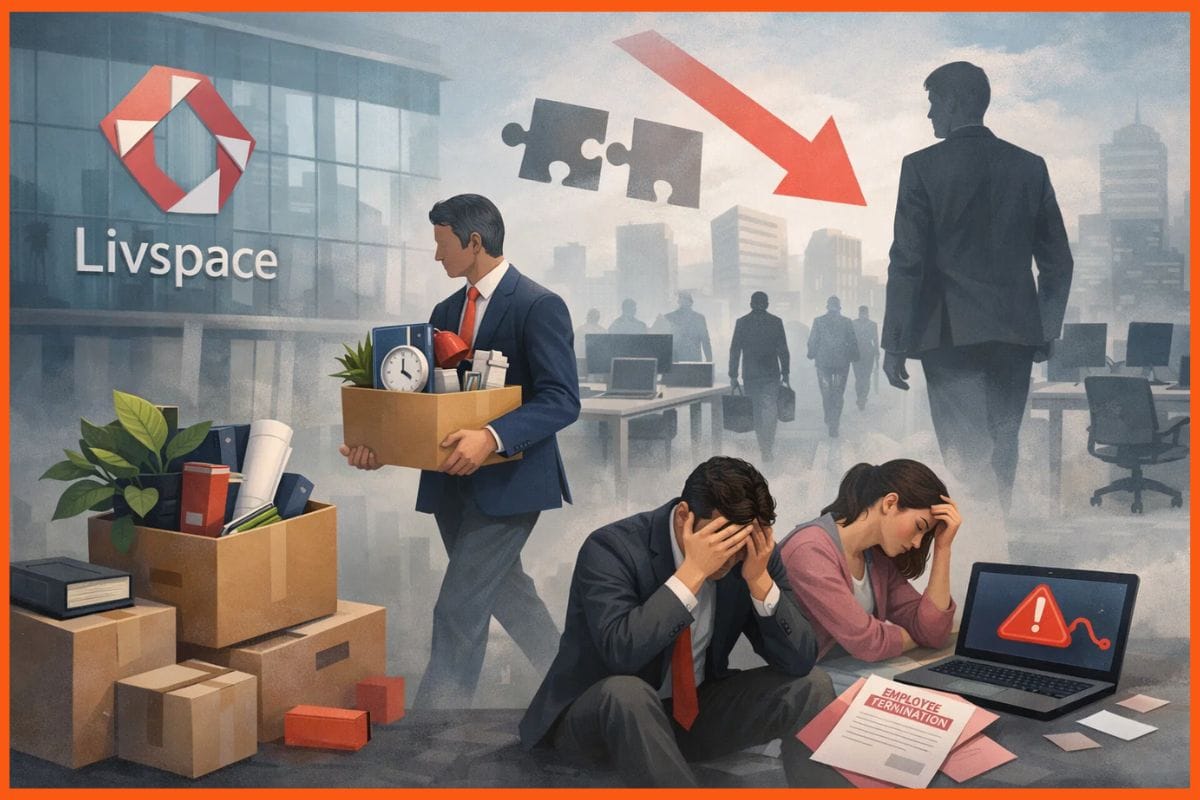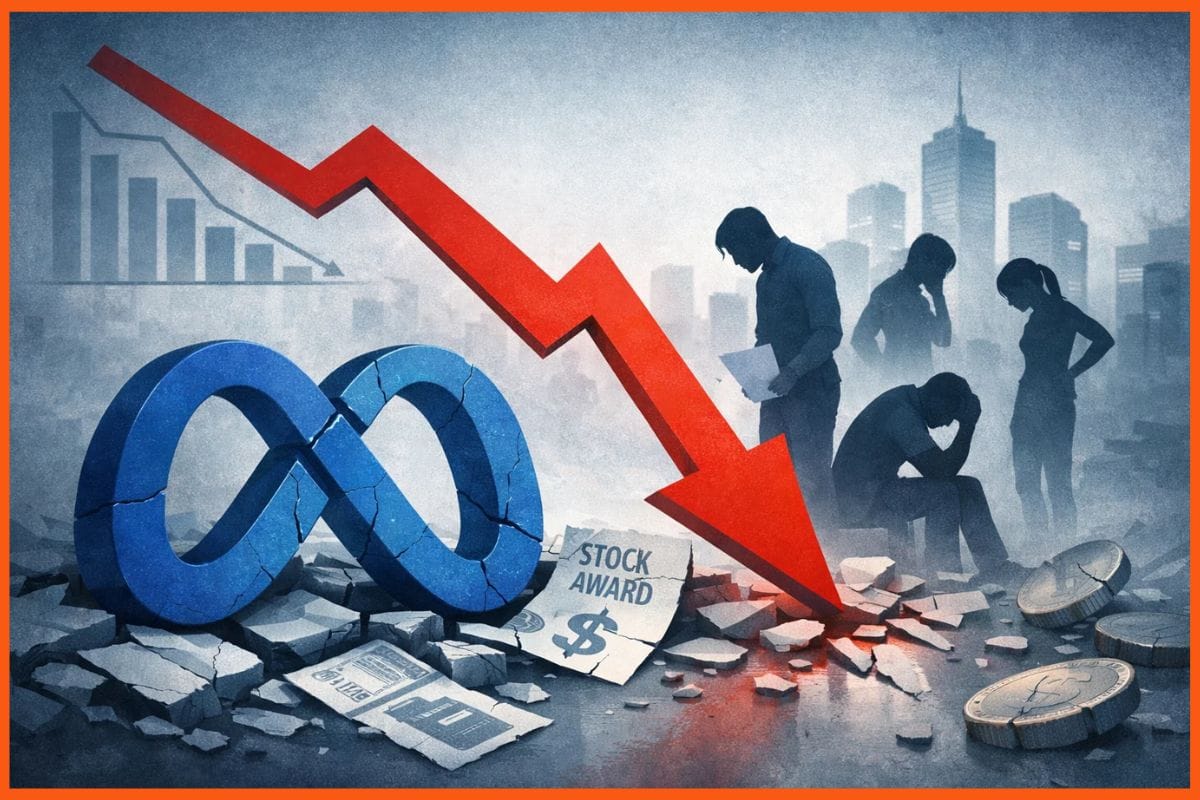How to Start Amazon FBA Business in 2022? (Beginners Guide)
📖 Learning
They say, there are hundreds of ways to make money on the internet. Rightly so, there are. From freelancing to starting up your own e-commerce business on the internet — there's so much you can accomplish via the web. If you aren't living in a cave, you must have heard about Amazon's Fulfilled by Amazon (FBA) business model, something that has quickly turned into a rage among online sellers.
Step 1: Pick That First Product That You Think Will Be a Winner
Step 2: Sourcing The New Product
Step 3: Market Your Product Extensively
Amazon FBA Business — what it is all about?
So, let's assume you're an online seller. Now, think of a setup where you get to choose the products you want to sell, along with the supplier who can meet the requirements, source, package and ship the same. All of this happens in one of Amazon's fulfilment centres, where Amazon takes care of shipping from where things are taken care of.

No folks, it ain't exactly the Amazon Affiliate thing. This is slightly different!
There are a few important things that one needs to grasp before starting the much enticing Amazon's FBA business. However, the journey can be highly rewarding and fruitful if you get the basics right. It does come with its own share of pros and cons but that doesn't take anything away from the fact that FBA provides a huge platform for sellers to make it big on the internet. Take a look at the pricing of the Amazon FBA.
Now that you've finalized the FBA business — knowing how to start FBA is important because it is where the money lie, let's get that straight!
Before you ask yourself the much-coveted question — ' How can I launch an FBA business and make it successful? ', we have the answer! Let's get a quick hold of the important steps to start one. Here they are:
Step 1: Pick That First Product That You Think Will Be a Winner
Well, It is time when you tone down your excitement and start researching for that one starter product — one winner that can be a potential game-changer for you. It must be noted that the first step is perhaps the hardest, as well as the most time-consuming part of the whole process as it demands a whole lot of research and study to get to that one product.
Nah! We don't want you to take unnecessary pressure and be intimidated by the ask, but getting the right first product is integral for the growth that you've always imagined for yourself and your business.
The right product can simplify the journey ahead while picking the wrong one can make things tougher in the long run. If there's little to negligible demand for your product, if the niche is super-competitive and the cost price is on the higher side — then it may have a negative impact on your profitability.
However, you can avoid all of it by devoting time to product research, rigorous brainstorming and zeroing down upon the right suppliers (more on that in the next step).
Note: Getting the right product isn't just enough, as it marks the beginning of a continuous trial and error mechanism that will polish you and your business for what works and what doesn't.
So, even if you get that potential winner — always remember there'll always be better products or better suppliers for the same. But, at the end of the day, you need to remember that everything starts from something and this is your chance!
Pick a Market That Excites You, and Finalize Upon a Niche
Think Big, Start Small.
Start with what excites you, problems or products that you're passionate about and then let your brain produce a brainchild — something that will lead to that one 'winning product'.
It is important not to confine yourself while brainstorming. Think broadly and think differently — write your ideas down. You can always narrow them down later, so do not hesitate.
It is good to finalize upon a niche, rather than targetting broader categories as the competition is relatively less, and there's more scope for growth and profitability in the long run. A product line based on 'Electronics' can be too broad to create the right kind of positioning but a niche like 'smart wearables' can help you position your business better.
Do a Lot of Market Research — Do it. A lot of it
Okay, so you've picked something that excites you! Great, now it is time you start indulging in some preliminary research for your product or niche. Start asking yourself questions, and keep looking for answers. This is when you can change yourself to find products that are potential problem-solvers for real-world problems related to your niche.
Let's assume that you've decided upon this electronic neck massager. Your search can start from something as simple as googling about it. You can also search major marketplaces to check the list prices for this particular product.
Does your product belong to that $8 to $40 bracket? If so, it is a positive sign for your business since products that fall into that bracket make up for great 'impulsive' purchases. This shall help you to stock up accordingly.
You can upscale your research game by using tools that make the job easy for you to finalize that one potential winner. For example, you can use tools like Ahrefs for keyword research, analysing traffic on a particular keyword and coming up with the right kind of products based on traffic and footfalls on a given keyword. This can be instrumental in finalizing that perfect product title.
Next, you can check Best Seller Ratings (BSRs) on Amazon to understand what sells well on Amazon. Don't let this metric determine your decisions. Rather, consider it as a validation for your niche. However, if there are too many items dominating a category, it may imply that there's too much competition in that given category and it may be harder for your first product to breakthrough.
Using advanced tools like Jungle Scout and Helium10 can simplify this step and ensure effective market research that helps you upscale.
Avoid Competition — It Is Good but Not for Starters
Think of it this way. You wouldn't want a crazy amount of competition rooting behind your first product because — it is your first product! No points for guessing, you would want a pretty smooth and seamless journey to establish yourself in the FBA business, and sadly — a competitive niche or category won't be aiding you.
If there are big brands established for a particular product or niche, it is generally a red signal to get into that category as at times — categories are known by the brands leading them which also means that you've to accomplish or offer something miraculous with your product or marketing to breakthrough. Although, we would always want you to think big and make it big, breaking into categories with 'brand whales' can be tough, to say the least!
Selling via a private label can go a long way in starting and succeeding in an FBA business as it doesn't just give you more freedom while running your business but also gives you a better shot at marketing your product to the top of the listings. All of us love brands and their marketing endeavours for a reason. Right?
Step 2: Sourcing The New Product
So, now that you've addressed the elephant in the room, and figured out what your product would be — another challenge awaits. The key is to figure out the source of your product — the suppliers.
Find a Reliable Supplier
Suppliers with a good reputation, great production facilities and on-time delivery commitments are crucial for the growth of your FBA business. As it all depends upon the cost, it is generally a good idea to get products from countries that are known for affordable production pricing like China and India.
If your supplier manufactures another range of products as well, then it may be a wise idea to be in their good books backed by good behaviour and on-time payments as they can be crucial for the growth of your FBA business.
Cracking the 'Shipping' dilemma
Sourcing and shipping are largely interrelated as sourcing would be influenced by the shipping terms i.e. by train, by air or by cargo. For domestic shipments, air and trains are generally preferred whereas international terms include water shipment and cargo, as international sellers operate in some of the most competitively priced markets, and hence shipment via water becomes a no-brainer.
Step 3: Market Your Product Extensively
Picked a product, and found a supplier too? Damn! Things look great but then you realise that the crucial part would be to market it the right way so that the right kind of audience reaches out to get connected with your brand.
A listing on Amazon does guarantee some eyeballs here and there, but the real deal lies in the fact that the positioning can mostly make or break the product for you. The right marketing mix can help your product grow leaps and bounds on Amazon and that is what we want. Isn't it?
Get a Winning Product Description That Rakes in Traction
We are sure you've figured out the mechanism and your product too looks absolutely incredible. That is for sure! However, as sellers we want our customers to understand our mission, vision, culture and what we tend to market through our products and the product description goes a long long way in establishing all of that and even more.
The copywriting, SEO, pictures and detailed product page are crucial for the success of an FBA business. Remember, Great product descriptions succeed at establishing a connection with their masses in ways that conversions start following automatically.
Running Ads and getting PPC campaigns to help in establishing the connection between you and your audience. Right from product reviews to the ads, every aspect of the brand's decision-making revolves around those who've used it — the customers in the first place.

Conclusion
Once you get hold of all of the above, there's nothing that would stop you from making it big, and that is the beauty of this era.
FAQs
Is it still worth starting Amazon FBA?
If you are just started selling on Amazon and only sell your products on Amazon, Amazon FBA is worth the money. However, It can be quite expensive for sellers who have low-profit margins.
How much does the average Amazon seller make?
An average Amazon seller makes $1000 to $5000 a month.
How much does it cost to start an Amazon business?
You need to have at least $5000 to $10,000 to start selling on Amazon.
Must have tools for startups - Recommended by StartupTalky
- Convert Visitors into Leads- SeizeLead
- Website Builder SquareSpace
- Run your business Smoothly Systeme.io
- Stock Images Shutterstock






